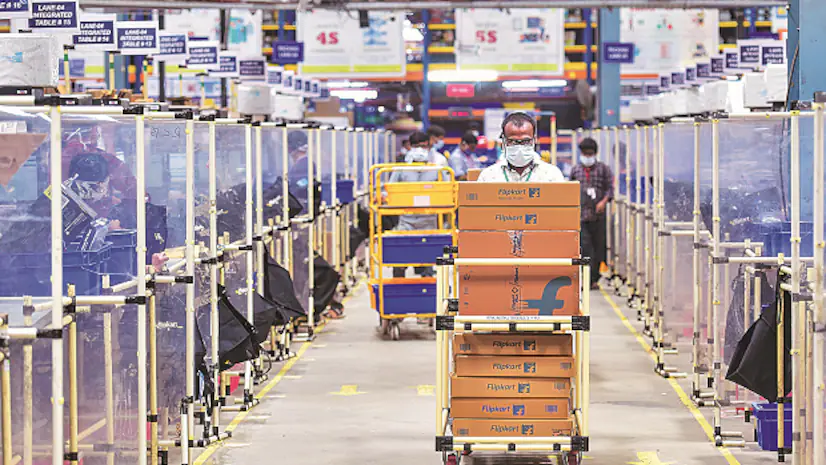Islamabad, April 10: Apple has ramped up its production and logistics operations in India, chartering cargo flights to ship around 600 tons—or approximately 1.5 million—iPhones to the United States, in a strategic move to avoid the impact of President Donald Trump’s steep tariffs on Chinese imports.
This behind-the-scenes maneuver sheds light on how Apple is navigating an increasingly volatile trade environment, particularly in response to the U.S.’s sharply rising tariffs on Chinese goods.
With China still accounting for the bulk of iPhone production, the risk of price surges in Apple’s most critical market—the U.S.—has grown substantially.
At Trump’s latest tariff rate of 125%, the cost of a flagship iPhone 16 Pro Max could jump from $1,599 to around $2,300, according to Rosenblatt Securities.
In contrast, Indian-made iPhones face a tariff of just 26%—a figure that’s currently on hold after Trump announced a 90-day tariff pause that notably excludes China.
One source involved in Apple’s planning said the company was racing to “beat the tariff,” leveraging Indian production to bolster U.S. inventory before the higher duties took full effect.
To facilitate this shift, Apple lobbied Indian authorities to fast-track customs clearance at Chennai airport, slashing processing times from 30 hours to just six.
Read More: Apple’s Marketing Team Reportedly Complicated Siri AI Development Feature
This so-called “green corridor” mirrors a similar logistical model Apple uses in China, streamlining the flow of goods for time-sensitive global distribution.
Since March, six dedicated cargo jets—each carrying about 100 tons—have departed Chennai for the U.S., with one flight reportedly leaving just as new tariffs came into effect.
iPhone Quantity
With each iPhone 14 and charger weighing roughly 350 grams including packaging, the full 600 tons of cargo equates to around 1.5 million devices.
To meet the surge in demand, Apple expanded its Indian manufacturing output by 20%, implementing Sunday shifts at Foxconn’s main plant in Chennai—an unusual move in a country where Sunday is typically a non-working day.
Two additional sources confirmed that the plant, which produced 20 million iPhones last year, is now operating seven days a week to keep up with Apple’s accelerated production targets.
India has increasingly become central to Apple’s global supply chain strategy as the company seeks to reduce its dependence on China.
Foxconn and Tata—Apple’s key partners in India—currently operate three plants, with two more under construction.
The logistics upgrade in Chennai took roughly eight months to implement, with senior Indian officials confirming that Prime Minister Narendra Modi’s government actively supported Apple’s push for smoother operations.
Also Read: Apple Might Launch an Ultra Phone in 2025
This collaboration underscores India’s growing role in global electronics manufacturing and its strategic alignment with multinational firms looking to diversify supply chains amid geopolitical tension.
According to Counterpoint Research, roughly 20% of all iPhones imported into the U.S. now originate from India, with the rest still coming from China—a figure that is expected to tilt further in India’s favor if trade frictions persist.
